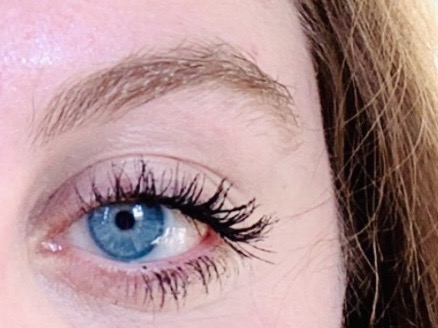#WeDoRecover: Recovery Communities Get Creative Amid COVID-19
- Maura Flynn

- May 6, 2020
- 3 min read
Updated: May 8, 2020
For many, a sense of community is the backbone of recovery. It’s the reason some find success in a 12-step program like Alcoholics or Narcotics Anonymous – they have a program to work, a sponsor to rely on and a group to support them through their challenges.
But while much of the world has been put on hold because of COVID-19, people dealing with substance abuse disorders and those in long-term recovery continue to push forward with new ways to connect and offer each other support.
Across Appalachia, people in recovery are rallying around the social media hashtag #WeDoRecover. Paired with what they call before-and-after transformation photos and #IAmOneOfThem, #WeDoRecover users are encouraging sobriety-seekers to keep up their work, despite the uncertainty and isolation that accompanies the pandemic.
Most of the posts contain the same message:
“I know some people have made posts and comments about struggling during this quarantine with their sobriety due to isolation. So I challenge my recovery family to post their before and afters to show a little hope that we not only get better, but we can stay better too! Together even when we are apart.”
But each contains unique photos of the individuals sharing the unifying message.
According to the Foundations Recovery Network, examples of success and open, honest communication are key to aiding and supporting recovery.
“Support groups and restored relationships can be great ways for people to find an encouraging community in recovery,” the FRN posted on its website. “But these communities also allow recovering addicts to return that encouragement to other people who need it. For instance, a recovering addict can mentor a fellow support group member, or they can encourage a loved one to get help with an addiction.”
Brittany Shawver, program director for First Choice Services’ West Virginia helpline, echoes the importance of community.
“I'm very glad that we're able to continue to provide our services and that we do have the partnership with one another and with our community, that we can keep on doing these things and keep on giving our clients, patients and callers the support that they need,” Shawver said. “They are dependent on these programs and being able to continue their recovery, without skipping a beat, without having those barriers and being interrupted, that's the most important thing.”
As for the post-pandemic landscape of recovery services, Shawver believes that COVID-19 will have a positive, lasting impact, especially when it comes to technology -- the team has already found and added existing online programs to their community services network as a result of the national shutdown.
“I believe that the virtual work will continue even after the crisis is over. You can still go to your counseling appointments and be in your home, you know, in a private area, and you can still participate in all those things,” Shawver said. “We can continue to tell our folks, ‘Hey, this is out there if it's just something extra that you want to do,’ an extra meeting, things along that nature. So, I do think that telehealth and these aspects will continue to take off and grow.”
On Facebook, the #WeDoRecover trend puts these ideas into practice. One user wrote, “Honesty, open-mindedness, willingness and Zoom! Let's get it! #WeDoRecover.”
“Today is a beautiful day,” another anonymous user posted in the #WeDoRecover group on April 13. “I want everything to happen right now. So with this COVID-19, I've taken a lot of time to look at myself and pat myself on the back for what I have accomplished in my recovery.”


Comments